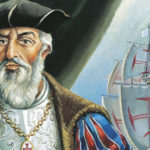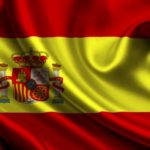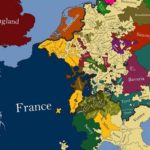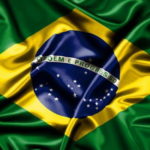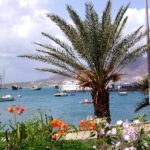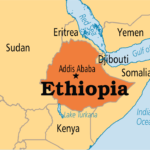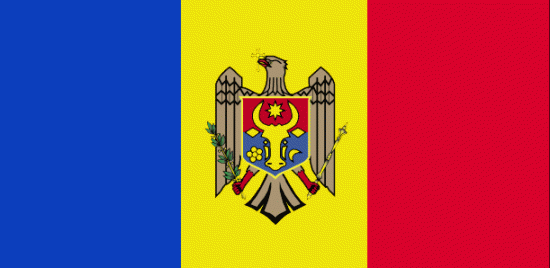Interesting facts about Portugal
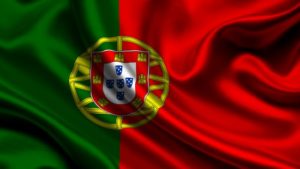 Portugal is a European country that once boasted military glory on the seas and oceans of the whole world. The shards of the former Portuguese empire still live and live – what is there alone in Brazil. Currently, Portugal is a quiet agrarian country with pastoral landscapes, in many respects similar to Spain, but still different from it.
Portugal is a European country that once boasted military glory on the seas and oceans of the whole world. The shards of the former Portuguese empire still live and live – what is there alone in Brazil. Currently, Portugal is a quiet agrarian country with pastoral landscapes, in many respects similar to Spain, but still different from it.
In Portugal is the most western point of Europe – Cape Roca, 140 meters tall above the surface of the Atlantic Ocean.
The first mention of Portugal dates back to 868.
Portugal lost the last two colonies (Macau and East Timor) only in 1999.
The Portuguese capital Lisbon is the oldest of the cities of Western Europe, and also one of the most respected cities in the world.
On the territory of Portugal, the famous fortified wine “Port wine” is produced.
The peace treaty, signed in 1373 between England and Portugal, is the oldest in the world – it has not yet been violated.
Portugal, a great colonial power, for half a century before Spain, France and Britain advocated the abolition of slavery. It happened in 1761.
Because of the high religiosity of Portuguese residents, abortions in this country were legalized only after the 2007 referendum.
In Lisbon is the longest bridge in Europe – the length of the bridge Vasco da Gama is 17,185 meters.
In Portugal, in 1290, the University of Coimbra was founded, which is now one of the oldest in Europe.
The Portuguese Fernand Magellan was a great navigator and the first person to make a round-the-world trip – it lasted 3 years and ended in early September 1522.
In Portugal, the killing of a bull during bullfight is regarded as a crime.
Lisbon still has the oldest bookshop in the world, which began to serve customers as far back as 1732.
Portugal is the only European country whose borders have remained unchanged since 1139.
At the end of the XV century, the Portuguese navigator Vasco da Gama managed to find the sea route from Europe to India, which was a turning point in history.
Portugal provides 70% of world traffic jams.
The Portuguese consider folded fingers to be a protective gesture.
The capital of Portugal for 14 years was the city of Rio de Janeiro – there fled the Portuguese royal family, fleeing the troops of Napoleon. Rio de Janeiro was the only capital in the history of Europe, located outside Europe, and it continued until 1822.
The Portuguese eat up to 12 grapes during the New Year – one for every stroke of the clock.
Since the XIX century, graduates of Portuguese universities have burned ribbons in the main square of cities, with which they tied their textbooks.
Love for tea drinking the British acquired from the Portuguese princess Catarina de Braganza, who in 1662 became the wife of the English King Charles II. It is in Portugal is the world’s oldest tea company.
Each inhabitant of Portugal on the average drinks three hundreds cups of coffee a year.
In Portugal, it is officially permitted to conclude same-sex marriages.
For the show in the Portuguese cinemas films are not voiced – only they are supplied with subtitles. But the cartoons are being rolled out with dubbing.
The cable-stayed “Bridge April 25” in Lisbon is recognized as the most beautiful in Europe.
The words “albatross”, “fetish”, “cobra”, “mosquito”, “zebra”, “albino”, “commander”, “banana” and many others are of Portuguese origin.
The national musical style of Portugal is fado.
The sidewalks in Portuguese cities are laid out with a special tile called “kalsada” – pieces of basalt or limestone, mined and laid by hand.
In the Portuguese town of Evora, there is a chapel decorated with skeletons of 5,000 Franciscan monks.
Public car numbers in Portugal can be done in any workshop.
